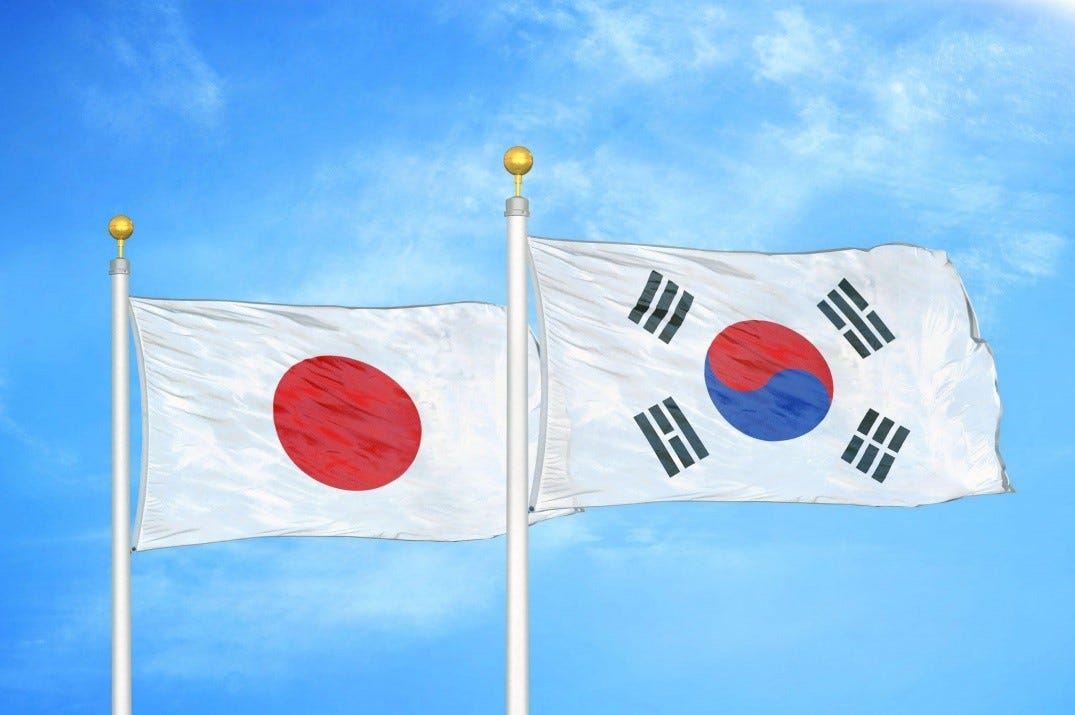Yoon Rushes to Improve Ties with Tokyo
Drifting away from China
By: Shim Jae Hoon
South Korea’s new President Yoon Suk-yeol is rushing to mend years of troubled relations with the country’s key neighbor Japan, but the road ahead to reconciliation is littered with detritus of history that won’t be easy to negotiate.
In a round of meetings with senior Japanese leaders including foreign minister Yoshimasa Hayashi visitin…
Keep reading with a 7-day free trial
Subscribe to Asia Sentinel to keep reading this post and get 7 days of free access to the full post archives.

